'My hand transplant changed my life'
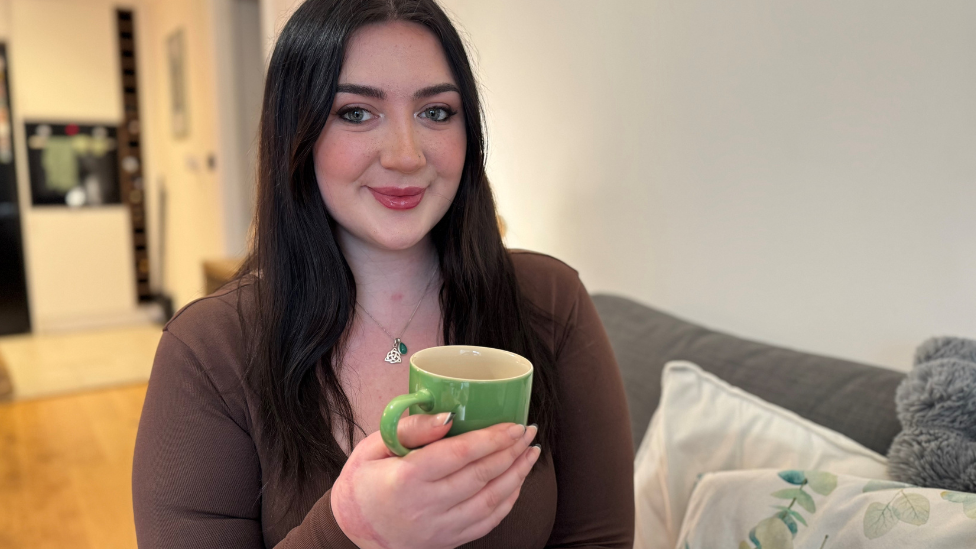
Becca Heritage is able to carry out everyday tasks with her right hand with ease
- Published
A medical student who had a hand transplant after losing several limbs to meningitis has said the surgery changed her life.
Becca Heritage was diagnosed with meningococcal septicaemia during her first term at the University of Southampton in November 2018.
Her parents were told to expect the worst - but medical staff were able to save her life by amputating both legs and most of her fingers.
She was only the ninth person in the UK to undergo a hand transplant and, now aged 25, hopes to become a doctor to "give back" to the NHS.
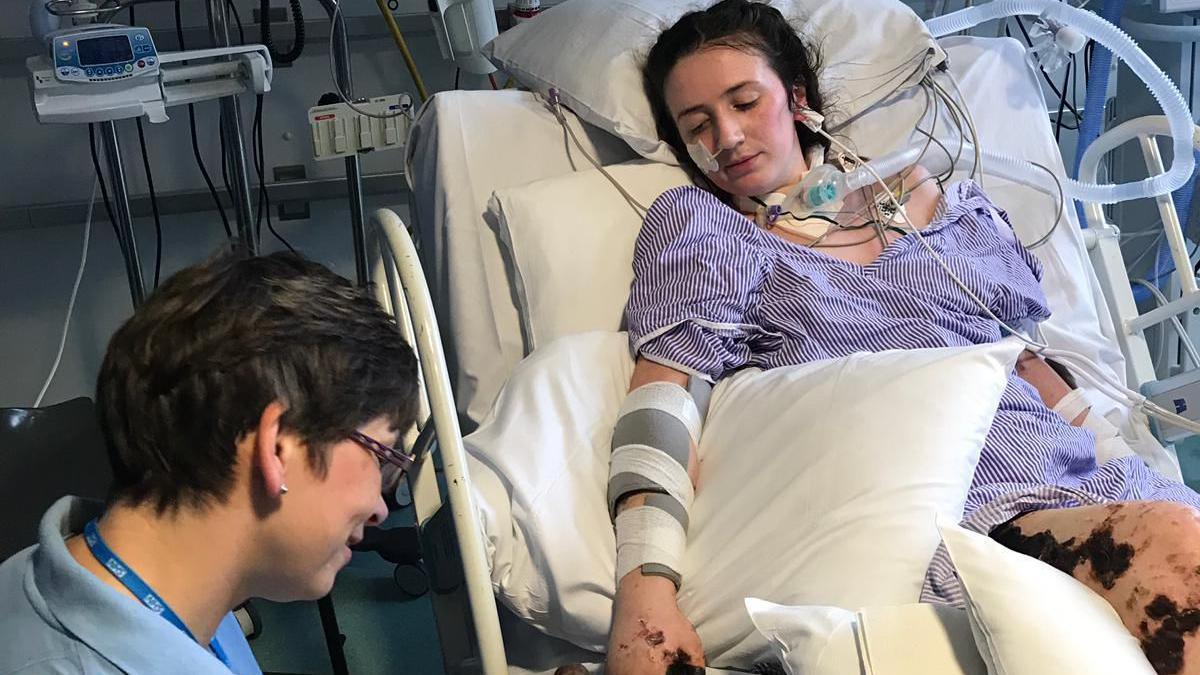
She was placed in an induced coma and woke up waking to find parts of her body had turned black
Just six weeks after starting her medicine degree, Ms Heritage woke up in the night vomiting uncontrollably.
After calling 111, she was admitted to University Hospital Southampton where she developed a high temperature, elevated heart rate and became confused.
"I think I had six ice packs and two fans on me - but my temperature still wasn't going down," she said.
With her organs failing and a rash on her arms and legs, she deteriorated quickly and was put into an induced coma for two weeks.
On waking, she saw parts of her body had turned black and necrotic.
"To me it was kind of obvious that I was going to lose parts of my hands and my feet because they just did not look normal at all," she said.
Doctors had to amputate most of the fingers on her left hand, all fingers on her right hand and both legs below the knee.
After the hand transplant surgery, Ms Heritage was encouraged to practise moving her fingers
Ms Heritage began rehabilitation to learn to walk on prosthetic legs, and had to learn to use her left hand for day-to-day tasks because she had lost too much of her right hand, which she found "frustrating".
She referred herself to Leeds Teaching Hospitals NHS Trust - the only hospital trust in the UK to offer hand and upper limb transplantation.
"They do a lot of discussion with you before you go on the waiting list, in terms of a psychological assessment and your preferences about what the hand might look like and what would be deemed an acceptable match," she said.
Early one morning in 2023, about three years later, Ms Heritage got a phone call.
"They said: 'We think we've got one, come to Leeds today. Now.'"
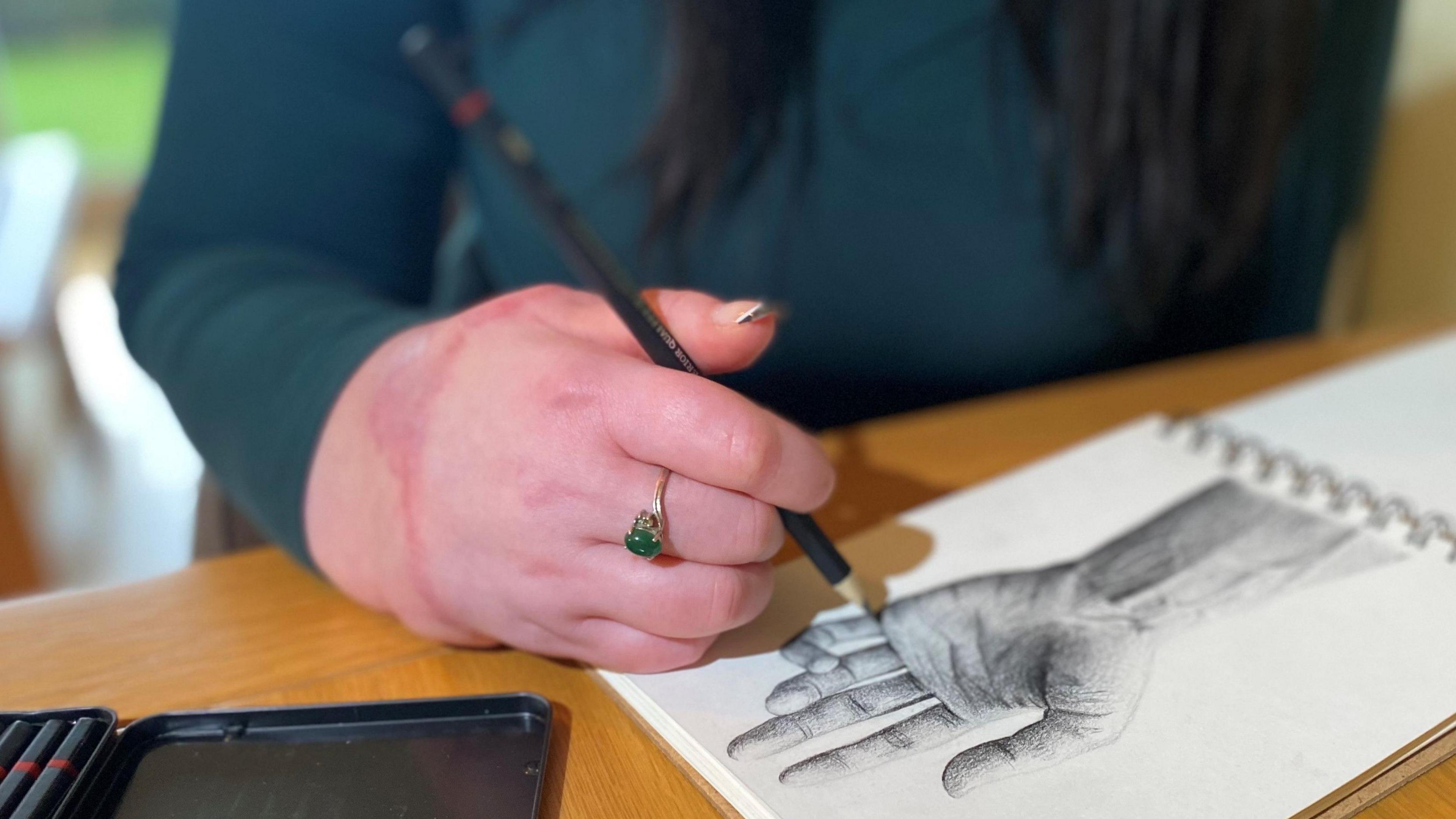
She can now use her transplanted hand for hobbies like sketching and says it feels "so normal, but in the best way"
The operation took around 12 hours. Bones, tendons, nerves, arteries, veins and muscles were joined together in a complex procedure.
Consultant plastic surgeon Professor Simon Kay, who leads the UK Hand Transplant Team, said: "We can do all the clever joining up but it's the remarkable qualities of the human body and mind that make it all work.
"It never ceases to astound me."
Ms Heritage said the hand felt like a part of her immediately, and that it closely resembled her original hand.
"I remember shedding a little tear because one of the nurses had taken a photo through all this bandaging and I could just see these little nails," she said.
For reasons of confidentiality, she was not able to find out anything about her donor before the operation, but was encouraged to write a letter to her family afterwards.
"They wrote back and now I know her name and a bit about her life," she said.
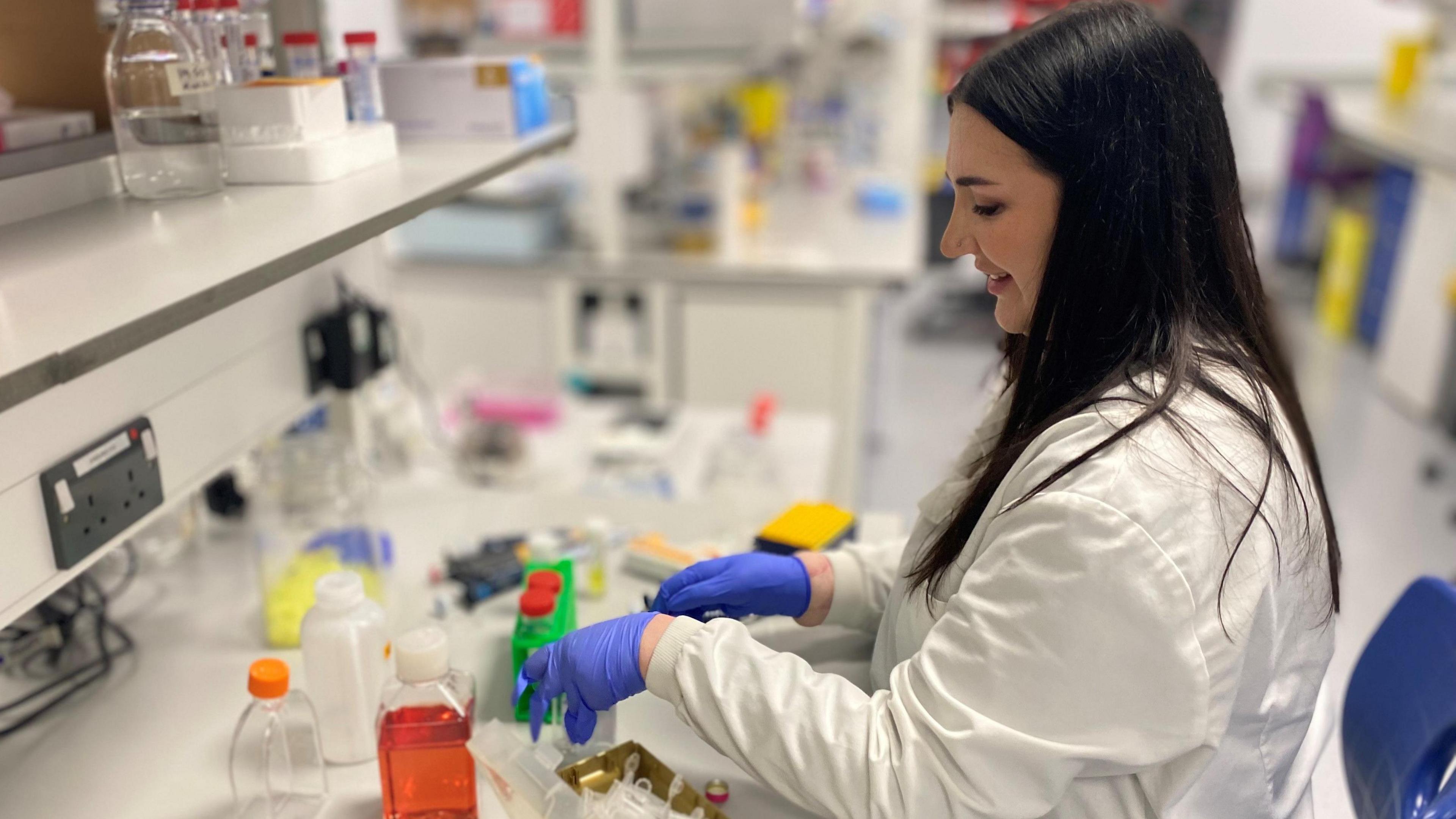
Ms Heritage is studying for a Master of Medical Sciences degree at the University of Southampton
Following intensive physiotherapy, she is back to doing most things with her right hand, including cooking, doing her make-up, drawing and looking after her pet gecko.
"It's been amazing, I don't think I quite anticipated how good it would be - it does just feel like it's mine."
Ms Heritage, who is studying to be a GP, said she had been inspired by the team at Leeds General Infirmary.
"They're exactly the kind of doctors that I'd want to be - they're just so caring and they really care about you as a whole person, not just a patient."
She volunteers with charity Meningitis Now to boost vaccine awareness among students and is also working to inform more people about hand transplants.
Currently, the option to donate hands does not feature on the Organ Donation Register, unlike organs such as hearts and kidneys.
Only one person has had the same operation since Ms Heritage had her transplant.
Professor Kay explained that specialist donation nurses discuss limb donation with families but few agree, resulting in waits of up to six years for patients.
"It's such a shame, if families could meet patients like Becca they would understand what an enormous gift donation is."
Leeds Teaching Hospital has advised people to discuss their preferences about organ and limb donation with their families, external, who can then confidently relay these wishes to doctors.
Get in touch
Do you have a story BBC Hampshire & Isle of Wight should cover?
You can follow BBC Hampshire & Isle of Wight on Facebook, external, X (Twitter), external, or Instagram, external.
Related internet links
See also
- Published14 November 2024
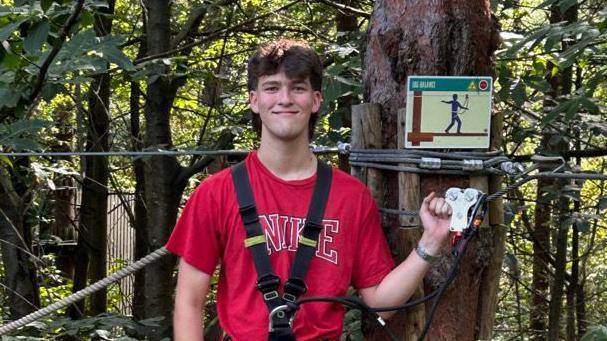
- Published26 December 2022
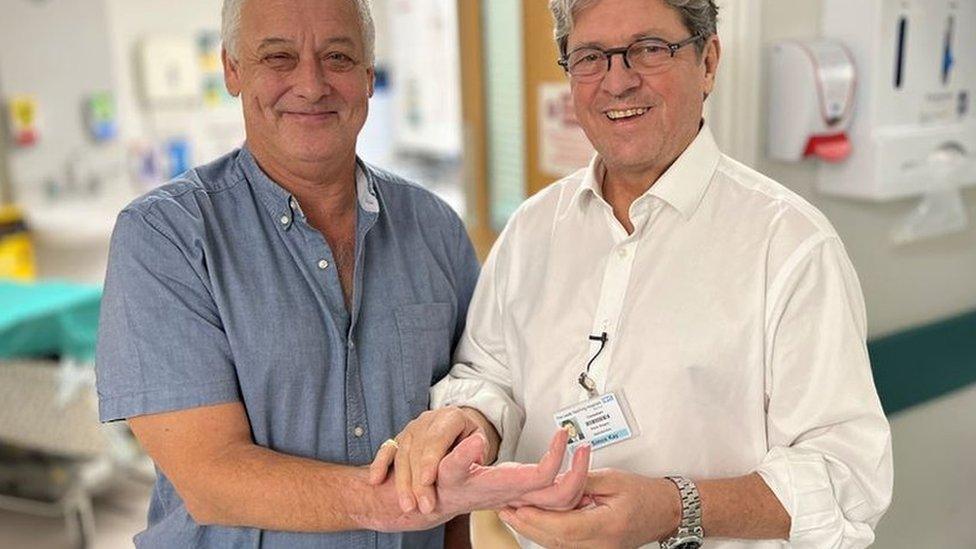
- Published30 August 2024
